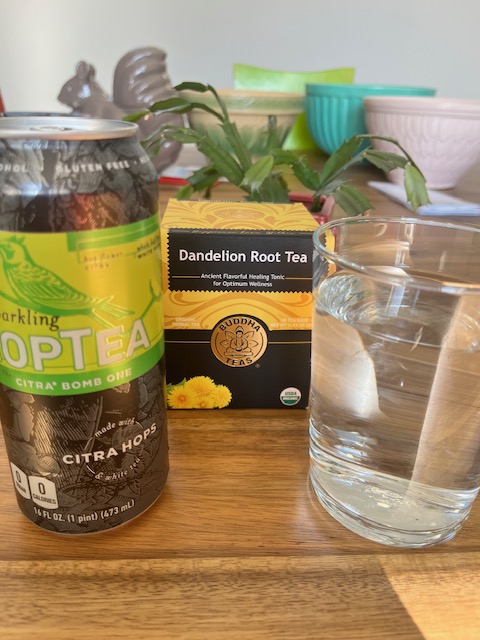
In January of 2013, Emily Robinson decided to give up drinking for the first month of the year in hopes it would give her a lift for a half-marathon she was slated to run the following month. As part of her overall training for the event, the Briton speculated that 31 days of sobriety would give her an overall health advantage. Her month-long stint allegedly improved her sleep and energy level, and aided in weight loss. Since then, Robinson has been practicing what she, along with the organization Alcohol Change UK, eventually dubbed “dry January.”
Temperance in the new year dates back to Finland, which launched a short-lived “Sober January” campaign in 1942 as part of the war effort. Many decades later, these annual month-long abstentions from alcohol appear to have made a serious impact around the globe, with many thousands of people opting to join the public health campaigns. Robinson was a social drinker who simply wanted to perform better as a runner; yet the result of her decision to take a month off the sauce unexpectedly morphed into world-wide awareness.
As a regular drink columnist, I thought I’d give a dry month a go. I’m not missing my regular intake of beer and tequila too much. On a recent visit to Comida, at the Stanley Marketplace in Denver, I forwent my usual margarita and ordered a non-alcoholic housemade grapefruit and ginger beverage. Somewhat to my surprise, the tequila-free drink went down very nicely with my tacos and salad. I even found myself chewing on the fresh ginger that was floating in the drink and temporarily forgetting about the lack of alcohol therein. I told the server, who was also the restaurant’s owner, that I was practicing dry January. She mentioned that her past experience with the campaign had turned into what she now refers to as a “dry life.” She says she hasn’t looked back since.
Surveys of those who have embarked on month-long cessations from alcohol consumption reveal a general reduction, or slow-down, of overall alcohol consumption during the months that follow. Perhaps a month of restraint demonstrates to people that they can have the self-control to say “yes” or “no” to alcohol consumption during the rest of their year. From a medical point of view, studies suggest a break from alcohol promotes weight loss and positively alters liver fat and levels of cholesterol and blood sugar. Dry January has also spurred bars and restaurants to offer a variety of non-alcoholic beers along with some very intriguing cocktail alternatives.
Appealing booze-free options include HopTeas and hop-infused sparkling waters from Boulder’s own Hoplark beverage company, as well as a variety of creative mocktails offered by local watering holes. Kombuchas, which can contain small amounts of alcohol, and regular teas, caffeinated or herbal, are always a good go-to as well. Mindfulness surrounding our alcohol consumption certainly can’t hurt. Another selling point for dry January is that it also saves money. Sometimes, water is even free.














